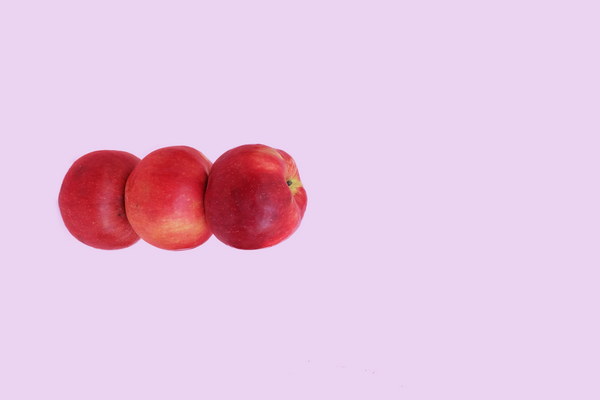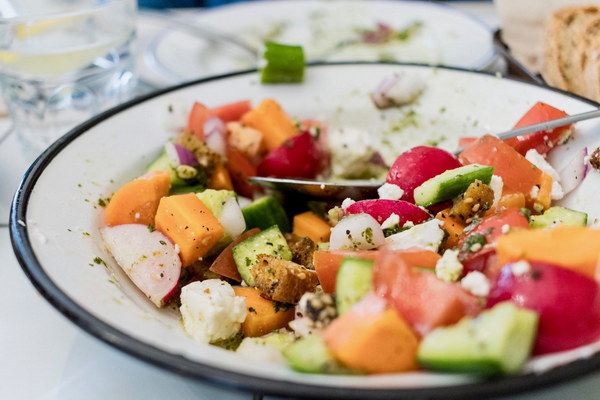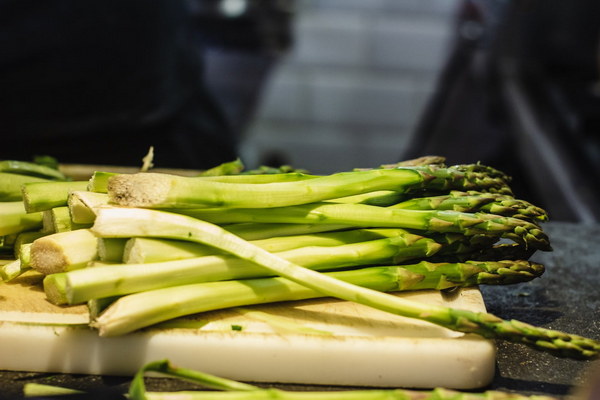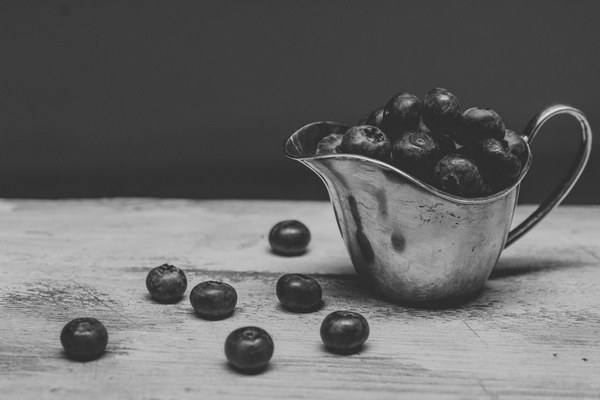Revitalize Your Kidneys with Nutritional Therapies A Guide to Renal Health through Diet
Introduction:
Kidney weakness, or renal deficiency, is a common health issue that affects many people worldwide. It can lead to various symptoms such as fatigue, low libido, and weakened immune system. While medical treatment is essential, dietary therapy can also play a significant role in replenishing and strengthening the kidneys. In this article, we will explore how to use food as medicine to combat kidney weakness and restore renal health.
1. Understanding Kidney Weakness:
Kidney weakness is a condition where the kidneys are unable to perform their essential functions adequately. It can be caused by various factors, including genetics, chronic diseases, and poor lifestyle choices. Common symptoms of kidney weakness include:
- Fatigue and weakness
- Low libido
- Frequent urination
- Swelling in the legs, ankles, and feet
- Back pain
- Difficulty concentrating
- Poor memory
2. Nutritional Therapies for Kidney Weakness:
Dietary therapy is an effective way to support kidney health and combat weakness. The following foods and nutrients can help:
a. High-Protein Foods:
Protein is crucial for kidney function and repair. Including high-quality protein sources in your diet, such as lean meats, fish, eggs, dairy products, legumes, and nuts, can help replenish and strengthen the kidneys. However, it is essential to consume protein in moderation, as excessive protein intake can strain the kidneys.
b. Antioxidant-Rich Foods:
Antioxidants help protect the kidneys from oxidative stress and damage. Foods rich in antioxidants include berries, dark chocolate, green leafy vegetables, nuts, and seeds. These foods can also help reduce inflammation and improve overall kidney health.
c. Kidney-Friendly Foods:
Certain foods are particularly beneficial for kidney health. These include:
- Cucumber: Contains diuretic properties that help flush out toxins from the kidneys.
- Garlic: Has anti-inflammatory and antioxidant properties that support kidney function.
- Watermelon: Rich in citrulline, an amino acid that improves blood flow to the kidneys.
- Cherries: Contain antioxidants and diuretic properties that aid kidney function.
- Carrots: High in beta-carotene, which helps maintain kidney health.
d. Hydration:

Proper hydration is essential for kidney function. Drinking plenty of water throughout the day helps flush out toxins and waste products from the kidneys. Aim for at least 8 to 10 glasses of water per day, or as recommended by your healthcare provider.
e. Limiting Certain Foods:
It is important to limit certain foods that can strain the kidneys, especially if you have kidney weakness. These include:
- High-sodium foods: Excessive sodium can lead to fluid retention and increased workload on the kidneys.
- High-purine foods: Purines are converted to uric acid in the body, and high levels can lead to kidney stones and inflammation. Foods high in purines include red meat, seafood, and organ meats.
- Processed foods: These foods are often high in sodium, sugar, and unhealthy fats, which can contribute to kidney damage.
3. Tips for Implementing Dietary Therapies:
- Plan balanced meals that include a variety of nutrient-rich foods.
- Incorporate kidney-friendly foods into your diet regularly.
- Stay hydrated by drinking plenty of water throughout the day.
- Consult with a healthcare provider or registered dietitian for personalized dietary recommendations.
- Avoid overeating and consume protein in moderation.
Conclusion:
Kidney weakness can be a challenging condition to manage, but dietary therapy can play a significant role in improving renal health and restoring vitality. By incorporating kidney-friendly foods and maintaining proper hydration, you can support your kidneys and reduce the risk of further complications. Always consult with a healthcare provider before making significant changes to your diet or treatment plan.









